Americans Still Like Amazon, But Worry About Local Business
While a majority of Americans have positive opinions about Amazon, they fear local businesses will suffer from the online competition.

While a majority of Americans have positive opinions about Amazon, they fear local businesses will suffer from the online competition.

American workers are now less optimistic they’ll get a raise soon, but most plan to hold on to the job they’ve got.
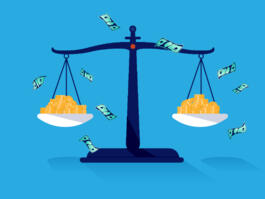
Voters increasingly see the U.S. economy as being unfair, and think it is especially unfair to blacks and Hispanics.

Economic confidence fell to 97.3 in this month’s Rasmussen Reports Economic Index, nearly two points lower than December. January’s decline follows two consecutive months of gains since hitting 96.6 in October, which was the lowest index since May 2020.

Economic confidence rose to 98.9 in this month’s Rasmussen Reports Economic Index, two points higher than November. This is the second consecutive monthly gain since October, which was the lowest index since May 2020.
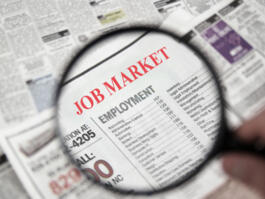
Public perception of the job market has shifted toward pessimism, and more Americans now expect the employment picture to get worse than better.

Economic confidence rose to 96.9 in this month’s Rasmussen Reports Economic Index, less than one point higher than October, which was the lowest index level since May 2020.
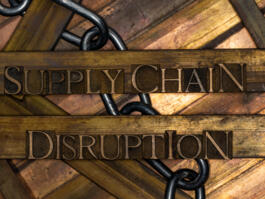
As the supply-chain crisis continues, an overwhelming majority of voters are worried about potential shortages of basic supplies, and most think President Joe Biden’s administration is not doing enough about the problem.
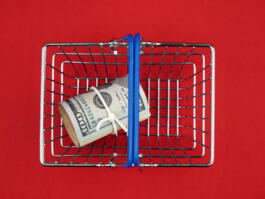
More than half of Americans say rising grocery prices have changed the way they eat, and they expect to pay even more in the future.

Problems affecting the U.S. supply chain have a majority of Americans concerned, as they are already noticing shortages in stores, and they expect the federal government to take action to solve the crisis.

Economic confidence fell to 96.6 in this month’s Rasmussen Reports Economic Index, down more than seven points from September, the fifth consecutive monthly decline. This is the lowest index level since May 2020.

Whatever else Americans may be worried or unhappy about, they still believe that home ownership is a good investment.
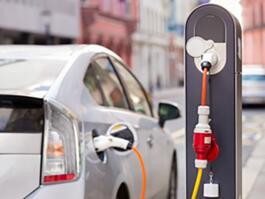
Despite all the talk about “green” technology as a way to fight climate change, most Americans don’t think electric vehicles are practical now and don’t expect them to replace gasoline-powered cars soon.
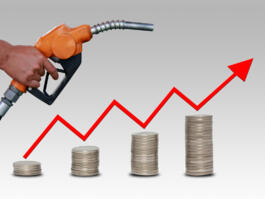
Most Americans have noticed they’re paying more at the pump lately, and they expect the price of gasoline to keep going up.

Fewer than one-third of Americans now expect a stronger economy a year from now, and nearly half think it will be worse.

Economic confidence fell to 104.4 in this month’s Rasmussen Reports Economic Index, down more than two points from August, the fourth consecutive monthly decline.

President Joe Biden has promised a pay increase for federal employees, but most Americans think government workers already have it made.

Economic confidence fell to 106.6 in this month’s Rasmussen Reports Economic Index, down more than two points from July, the third consecutive monthly decline.

As the economy recovers from more than a year of COVID-19 pandemic, Americans have become somewhat more optimistic about the job market in recent months.

Economic confidence fell to 108.9 in this month’s Rasmussen Reports Economic Index, down nearly 10 points from June, the second consecutive monthly decline.